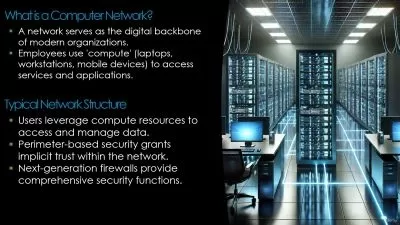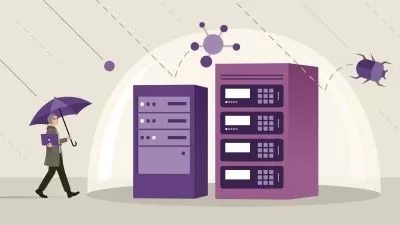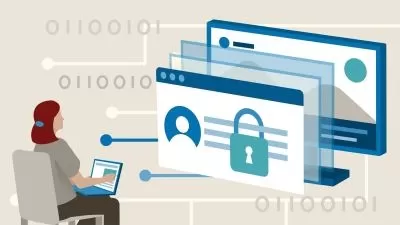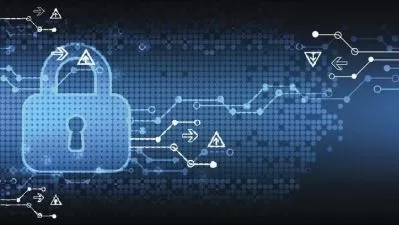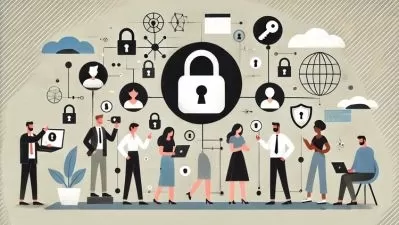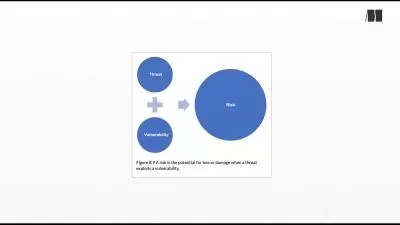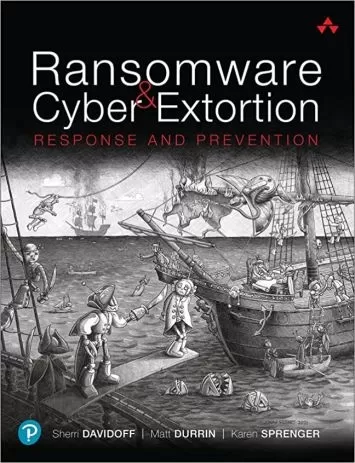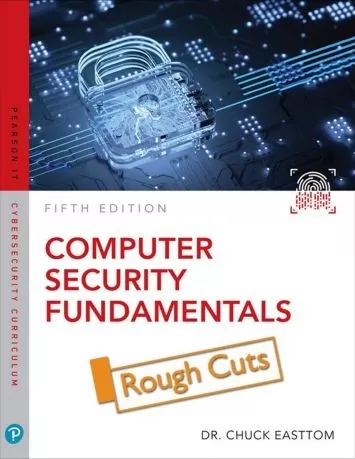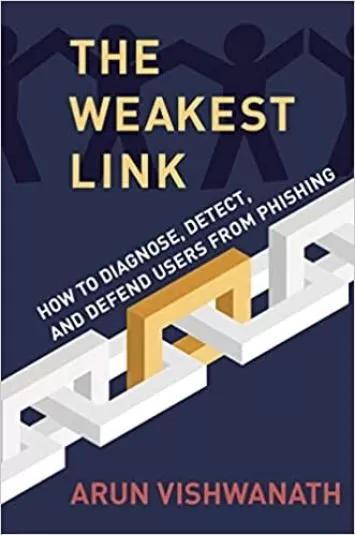About Cyber SecurityLearn More
As we store more of our data on clouds and servers across the globe, the need for cyber security experts has grown. Cyber security specialists create the frameworks that keep out hackers and protect our computers from malicious software, such as viruses and Trojan horses. Cyber security courses on Udemy can teach you the skills you need, including encryption and ethical hacking, to point you toward a career in cyber security.
Sort by:
Sorting
The newest
Most visited
Course time
Subtitle
Filtering
Courses
Subtitle

Linkedin Learning


Nishant Bhajaria
Practical Privacy and Compliance for Small Companies 1:27:42
English subtitles
02/13/2025
Subtitle

Linkedin Learning


Liam Cleary
Top 10 Security Features to Enable within Microsoft 365 3:12:42
English subtitles
02/13/2025
Books
Frequently asked questions about Cyber Security
Cyber security is the knowledge and practice of keeping information safe on the internet. It can mean keeping your personal information safe when you browse the internet and visit your favorite websites and social media pages. It can also mean companies keeping information safe for their customers when entering personal details or purchasing items on their websites. And it can mean penetration testing and network security analysis to make sure the most valuable types of information stay safe. Cyber Security aims to keep clients and their email and files safe from hackers. Analysts can help clients finding and improving weak spots in their security systems. Cyber security covers the gamut from offering better password protection to keeping nuclear codes safe.
In the field of cyber security, there are people who focus on clients, management, code, analysis, and more. You might want to be a cyber security engineer and build secure systems, or a cyber security analyst or consultant and examine the security and practices of clients. Once you have experience, you could become a security administrator, acting as the point person for an organization's security. You could also work as a project manager or sales specialist, helping connect users to better cyber protections. If you work as a systems engineer, network architect, or software developer, you may choose an area that focuses on building security. There are also jobs that are not built around cyber security but where understanding it is still key. These include network administration and cloud development.
Cyber security skills are in more and more demand. According to the US National Security Agency (NSA), security has never been more dependent on technology. Cyber security jobs pay well and are much needed in a growing number of areas. It is not only important for national safety but also for the corporate world, where more businesses are also moving their storage to cloud-based solutions. That means all those files and systems need cyber security. Today, almost every industry relies on digital files, emails, and websites, all of which need some form of cyber security. That means companies need people who understand cyber security. It is not only jobs in cyber security that call for those skills; in many forms of software development, cyber security is now an integral part.
Not all cyber security jobs will require coding, but some do. Whether cyber security requires you to do coding every day depends on what you have an interest in doing. If you want to get involved with product management, sales, or some other roles that work with cyber security, then you may not need to code. But even for most of those roles, it is important to at least have an understanding of the coding involved. If you want to work in areas of software development or analysis, you will need to know how to code. You will also need to have a firm grasp of computer systems. Cyber security requires an understanding of the threats against computers and digital information and how to defend systems against them. You will need to understand the ways in which computers, networks, and software are built and connected.
The common types of cyberattacks keep changing, which is why cyber security is such a burgeoning field. It is important to stay up-to-date with the latest trends and developments. But there are some common attack types in broad terms. These include hacking, or deciphering how to get into a system. There is malware, which is software that sneaks its way in to harm a system. There is phishing, in which an attacker tricks a user into giving away information. There is an MitM, or Man-in-the-Middle attack, which is basically digital eavesdropping. There is a DDoS, or Distributed-Denial-of-Service Attack, which floods a system with requests to overwhelm it and there are SQL Injections, which are malicious code injections. There are also types called Brute-force, DNS tunneling, and many more.
The cyber security certifications that are the most popular shift over time. The right ones for you will depend on what area of cyber security you want to work in. Increasingly, companies are moving to cloud-based storage, which means that cloud-based cyber security certifications are popular. That includes both general cloud-based cyber security systems and ones for specific vendors. The specific vendors include Amazon Web Services and Google Cloud Platform. The IT association ISACA offers several popular cyber security certifications. The other big trade organization with popular cyber security certificates is the Computing Technology Industry Association, or CompTIA. The Internet Systems Consortium is a professional organization specifically dedicated to cyber security that has its own popular certifications as well.
IPv6 is Internet Protocol Version 6. Every device that connects to the internet uses its own IP address. For a long time, most of the internet has connected using IPv4, or Internet Protocol Version 4. When the internet started to run out of IP addresses computer system professionals began planning the move to IPv6. IPv6 offers a lot more addresses by using larger numbers. It also is important to cyber security, as IPv6 is more protected than IPv4. It uses IPsec to protect connections and prevent malware. It can handle cyber attacks and protect online privacy. IPv6 can run end-to-end encryption. It supports more secure name resolution, protecting users against naming-based attacks. In short, it enhances cyber security and is the newest version of Internet Protocol.
The Internet of Things, or IoT, is the notion of a wide range of items or things that connect to the internet. We connect to the internet on a daily basis through our computers, our phones, and other personal devices like tablets. As the internet continues to grow, more and more items or things connect to it. Speaker systems like Amazon Echo (better known as Alexa) and Google Home connect to the internet to control everyday tasks. All household and office objects, including smart TVs that connect to the internet, become a part of the IoT. Copy machines and even refrigerators and thermostats connect to the internet as well. As we connect all of these things to the internet, they become vulnerable to cyber security attacks. These items can be less secure than computers and phones, allowing hackers and cyber thieves entry points to access valuable information.







